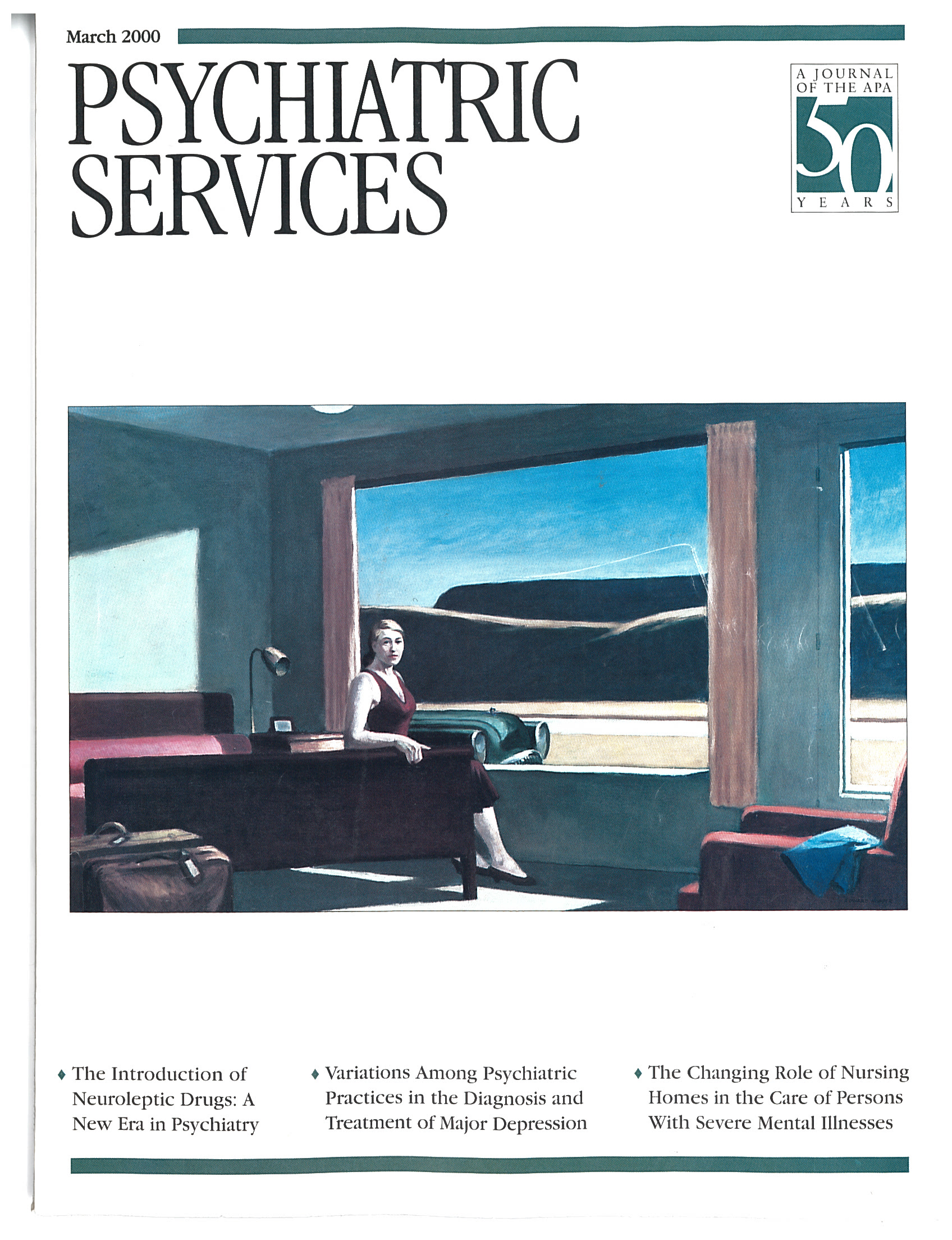The author of this book aims to provide a guide for practitioners working in community probation agencies, social services, and mental health settings who wish to learn about assessment and treatment of child sexual abusers. The cognitive-behavioral treatment approach described here is based on the author's experience working in the Challenge Project in Southeast London. Throughout, the author uses vignettes from four cases to illustrate treatment principles and the problems that arise in practice.
This short book includes a brief introduction and a very short chapter (ten pages) on assessment; three chapters on treatment, which form the main body of the book; a short chapter on treatment evaluation; and two appendixes, one detailing the assessment measures, and the other summarizing the four illustrated cases.
In the introduction, readers are told that the book includes a careful evaluation of the Challenge Project treatment program, including the follow-up of both treated and untreated child sexual abusers. As a scientist-practitioner who supervises a small treatment program for both hospitalized and community-residing sex offenders, I was eager to skip to the evaluation chapter first, to find out whether the data supported the use of the Challenge Project, before I read the step-by-step details about the program itself.
The evaluation chapter says that before designing a treatment evaluation, one should ask whether one could bear to find out that the treatment does not work. At worst, the author says, a negative evaluation could "dent confidence in a lovingly constructed program." The author seems to be unaware of the more ominous possibility that treatment could cause harm (
1,
2).
Unfortunately, the promised "careful evaluation" turns out to be a two-year follow-up of 43 men treated in the program. Some untreated men are reported on, but their crimes and offense histories were so serious that they were not offered treatment, and their outcomes are not presented. In the absence of comparison data, the reader has no evidence on whether the outcomes of the treated men (eight of whom were considered "failures") differed from outcomes that would have occurred without treatment.
The detailed, step-by-step description of treatment is useful to readers who want to find out what a contemporary treatment program for child molesters looks like. Although, as the author states, there is nothing unique about the Challenge Project, the book does give a good account of what happens in the treatment sessions.
The strongest aspect of Child Sexual Abusers: A Community Treatment Approach is the four clinical cases used to illustrate the application of the treatment methods and the practical problems that arise in working with men who have sexually assaulted children. I recommend this book to those who might be considering working with such men. Those who already provide therapy for sex offenders will find little new material here.

